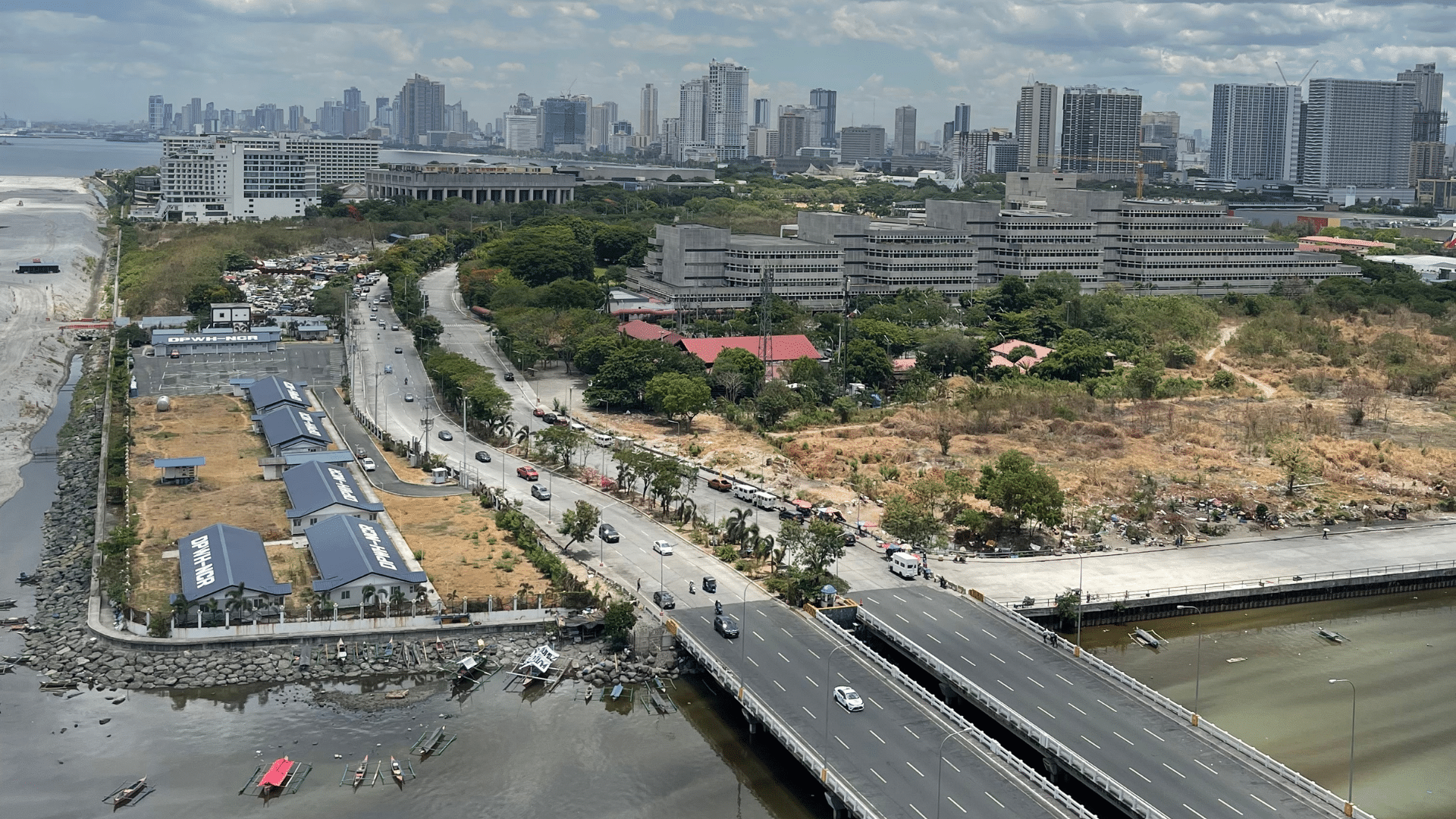PH economic growth to accelerate in 2025 – UBS economist

Manila Skyline | PHOTO: JMS
MANILA, Philippines – Philippine economic growth is expected to accelerate this year on the back of higher investments and consumption, an economist of UBS Investment Bank Global Research said.
In a virtual briefing on Wednesday, UBS Investment Bank Global Research Senior Asean and Asia Economist Grace Lim said the Philippine economy is projected to grow by 5.9 percent this year from 5.6 percent in 2024.
“We see an improving growth outlook for the Philippines,” Lim said. “The underlying positive growth delta is driven by domestic demand as both investment and consumption accelerate in 2025.”
READ: PH GDP growth seen picking up pace in 2025
She said private investments would recover gradually as financial conditions become less restrictive and consumer sentiment gradually picks up.
Solid labor income growth and the easing of food inflation will also help boost consumption growth.
“Consumption, as well, is likely to be positive amidst the improving fundamentals and the resilient labor market, which, I should add, is one of the most significant support[s] for [Philippine] demand,” she said.
Lim said government spending and the continued growth in [service] exports would also support economic growth.
“What is also often underappreciated is the bright spot of [service] exports, especially in the BPO sector,” she said.
Lim said she expects the country’s BPO sector to remain resilient this year.
Higher tariffs
Asked about the impact of tariff trade escalation on the Philippine economy, Lim said the Philippines is in a “rather defensive market in the event of potential trade tariff escalation.”
“That’s because the Philippines is primarily domestic-oriented with investment as a percentage of GDP [at] 23 percent, consumption over 70 percent. So not very trade-exposed,” she said.
She pointed out that in the case of trade tariff escalation, the Philippine peso could also be a relative outperformer in the region.
“That said, we do think that if tariffs are universal, then obviously there could be weaker prospects for currencies in general, but even in that scenario, it would not be a very big depreciation,” she said.
Monetary policy
On monetary policy, Lim said easing inflation would allow the Bangko Sentral ng Pilipinas (BSP) to reduce policy rates by 50 basis points this year.
Last year, the BSP reduced policy rates by 75 basis points.
During its first meeting this year, however, the BSP maintained policy rates due to current global uncertainties.
“In our view, this was a wait-and-see move. The pause on rate cuts was warranted due to trade policy uncertainties and given that past easing was working its way through the economy, there was room to reassess the situation first,” Lim said.
“We think that BSP has room to cut again in 2025 given that inflation remains manageable and is likely to remain contained within the target range through this year and next year.”
She said the recent cut in banks’ reserve requirement ratio is also a positive development for banks.
Last week, the BSP announced a 200-basis point reduction in the reserve requirement ratio for universal and commercial banks effective March 28.
“That’s a positive development for banks and generally goes hand in hand with money market and financial market reforms that BSP has embarked on to improve liquidity management and improve the sophistication and depth of the financial markets,” she said.